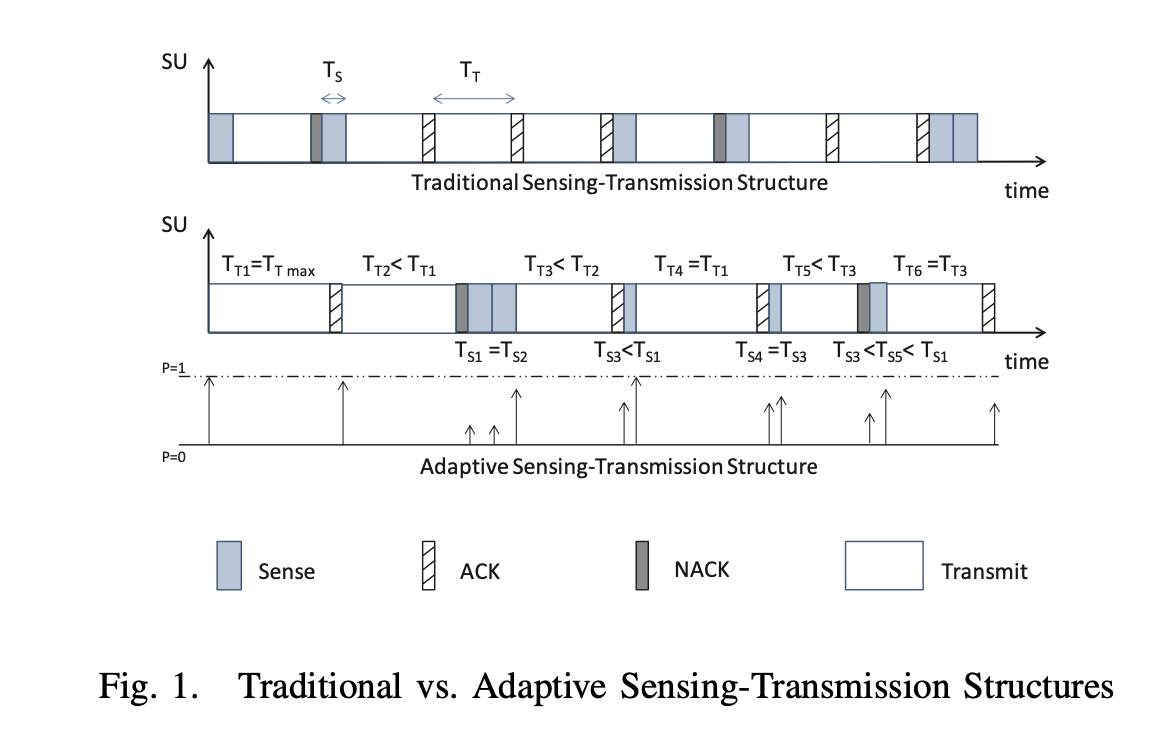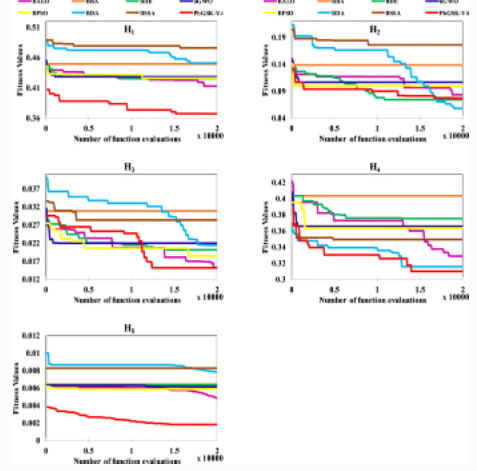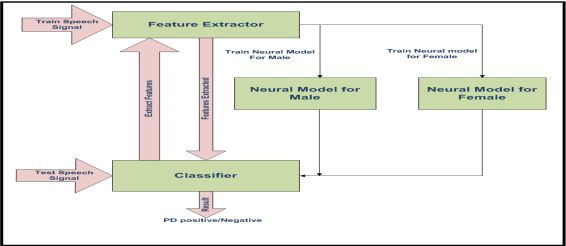
Adaptive sensing and transmission durations for cognitive radios
In a cognitive radio setting, secondary users opportunistically access the spectrum allocated to primary users. Finding the optimal sensing and transmission durations for the secondary users becomes crucial in order to maximize the secondary throughput while protecting the primary users from interference and service disruption. In this paper an adaptive sensing and transmission scheme for cognitive radios is proposed. We consider a channel allocated to a primary user which operates in an unslotted manner switching activity at random times. A secondary transmitter adapts its sensing and transmission durations according to its belief regarding the primary user state of activity. The objective is to maximize a secondary utility function. This function has a penalty term for collisions with primary transmission. It accounts for the reliability-throughput tradeoff by explicitly incorporating the impact of sensing duration on secondary throughput and primary activity detection reliability. It also accounts for throughput reduction that results from data overhead. Numerical simulations of the system performance demonstrate the effectiveness of adaptive sensing and transmission scheme over non-adaptive approach in increasing the secondary user utility. © 2011 IEEE.


